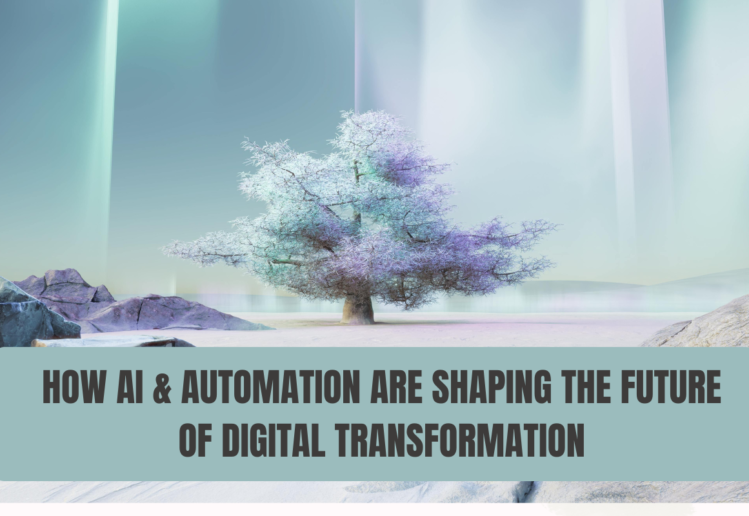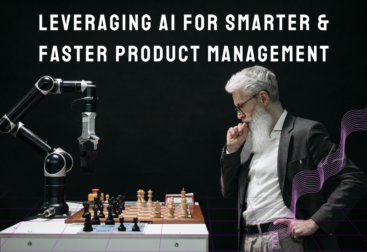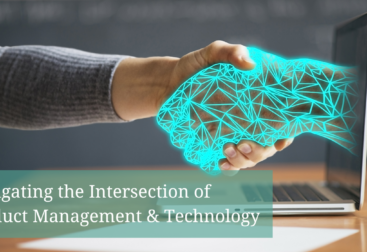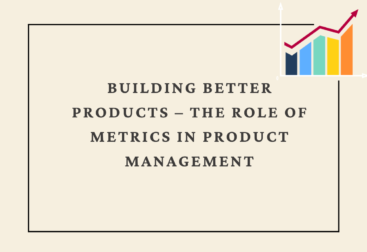In recent years, artificial intelligence (AI) & automation have revolutionized industries across the globe, becoming the driving force behind digital transformation. As businesses embrace new technologies to remain competitive, AI and automation are not just trends but essential components of the future of work, customer engagement, and operational efficiency. Let us explore how AI and automation are shaping the future of digital transformation, transforming the business landscape, and offering organizations unprecedented opportunities for growth and innovation.
1. AI and Automation: The Cornerstones of Digital Transformation
AI refers to the development of systems capable of performing tasks that traditionally required human intelligence, such as problem-solving, language processing, and decision-making. Automation involves using technology to perform tasks with minimal human intervention, leading to efficiency and scalability. When combined, AI and automation create intelligent systems that optimize processes, enhance customer experiences, and drive innovation across industries.
The integration of these technologies is accelerating digital transformation by enabling businesses to harness data more effectively, make informed decisions in real time, and deliver personalized services. Whether it’s automating customer service interactions, improving supply chain management, or enhancing data analysis, AI and automation are transforming the way organizations operate.
2. The Role of AI in Data-Driven Decision Making
In today’s data-driven world, organizations are generating vast amounts of data from various sources, including customer interactions, social media, and IoT devices. However, the sheer volume of data often overwhelms traditional analytical tools. AI solves this challenge by enabling businesses to analyze massive datasets quickly and accurately. Machine learning (ML), a subset of AI, allows systems to learn from data patterns, improving predictions, insights, and recommendations over time.
This data-driven decision-making is critical for businesses looking to stay competitive. For example, AI-driven analytics can help companies forecast market trends, identify new business opportunities, and predict customer preferences. Retailers, for instance, use AI to analyze customer buying patterns, personalize product recommendations, and optimize inventory management, improving both the customer experience and profitability.
3. Enhancing Customer Experience with AI-Powered Automation
One of the most significant impacts of AI and automation is in enhancing customer experience. AI-powered chatbots, virtual assistants, and personalized recommendations are redefining how businesses interact with their customers. By using natural language processing (NLP) and sentiment analysis, these systems can understand and respond to customer inquiries in real time, providing immediate and accurate solutions.
AI-driven automation allows companies to offer 24/7 support, reducing the need for human intervention in repetitive tasks and enabling employees to focus on more complex issues. This level of efficiency not only improves customer satisfaction but also reduces operational costs.
For instance, e-commerce platforms use AI-powered automation to provide personalized shopping experiences. AI algorithms analyze customer browsing history and preferences to recommend products tailored to individual needs. In the banking sector, AI-driven chatbots assist customers with account queries, fraud detection, and even financial planning.
4. Streamlining Operations with Robotic Process Automation (RPA)
Robotic Process Automation (RPA) is a form of automation that uses software robots to mimic human actions within digital systems. RPA can automate repetitive, rule-based tasks such as data entry, invoice processing, and compliance reporting, freeing employees from mundane tasks and enabling them to focus on higher-value activities.
By integrating AI with RPA, businesses can create more intelligent automation systems capable of handling complex tasks that require decision-making and adaptability. For example, AI-powered RPA can automatically process customer feedback, categorize it based on sentiment, and escalate critical issues to human agents for resolution.
RPA is also revolutionizing back-office operations across industries. In healthcare, for instance, RPA can automate patient records management, reducing errors and streamlining administrative processes. In finance, RPA accelerates processes such as accounts payable and receivable, reducing human error and improving efficiency.
5. AI in Predictive Maintenance and Supply Chain Optimization
In industries like manufacturing, AI and automation are making a profound impact on operational efficiency. Predictive maintenance, powered by AI, allows companies to monitor equipment performance in real time, identify potential issues, and schedule maintenance before a breakdown occurs. This reduces downtime, extends the lifespan of machinery, and minimizes costly repairs.
Automation, combined with AI, is also transforming supply chain management. AI algorithms analyze supply chain data to optimize routes, forecast demand, and identify bottlenecks. This leads to more efficient logistics, reduced costs, and better inventory management. For example, AI-powered systems can predict when a product will run out of stock and automatically reorder it, ensuring seamless operations and improving customer satisfaction.
6. AI and Automation in Workforce Transformation
While AI and automation are transforming industries, they are also reshaping the workforce. Many fear that these technologies will lead to widespread job displacement, but the reality is more nuanced. Rather than eliminating jobs, AI and automation are changing the nature of work, creating new roles that require human creativity, problem-solving, and emotional intelligence.
As repetitive tasks are automated, employees can focus on strategic, creative, and interpersonal aspects of their roles. For instance, in marketing, AI can automate data analysis and customer segmentation, allowing marketers to concentrate on crafting innovative campaigns and building brand loyalty. Similarly, in healthcare, AI-powered systems can assist with diagnostics, while healthcare professionals focus on patient care and treatment planning.
To fully embrace this workforce transformation, businesses must invest in reskilling and upskilling their employees. Training programs that focus on developing digital skills, critical thinking, and adaptability will empower employees to thrive in an AI-driven workplace.
7. Challenges and Ethical Considerations in AI and Automation
Despite the numerous benefits of AI and automation, they also pose challenges and ethical concerns that businesses must address. One major challenge is data privacy. As AI systems rely on vast amounts of data, companies must ensure that customer data is handled securely and ethically. Regulations like GDPR and CCPA require businesses to prioritize data protection and transparency.
Bias in AI algorithms is another ethical issue. If AI models are trained on biased data, they may perpetuate inequalities in decision-making processes, such as hiring or loan approvals. Businesses must ensure that their AI systems are trained on diverse, representative data and continuously monitored for fairness.
Additionally, the rise of AI and automation has raised concerns about job displacement. While these technologies create new opportunities, they may also render certain roles obsolete. Governments and organizations must work together to create social safety nets and retraining programs to support workers in transitioning to new careers.
8. The Future of AI & Automation in Digital Transformation
As we look to the future, AI and automation will continue to play a central role in digital transformation. Emerging technologies such as AI-driven edge computing, quantum computing, and autonomous systems will further enhance business capabilities, enabling faster decision-making and more personalized customer experiences.
Businesses that embrace AI and automation as part of their digital transformation strategies will be better equipped to navigate the complexities of the modern marketplace. By investing in these technologies, organizations can unlock new levels of efficiency, innovation, and customer engagement, securing their place in the future of business.
Final Thoughts
AI & automation are not just technological trends but key drivers of digital transformation. From improving operational efficiency to enhancing customer experiences, these technologies are reshaping industries and creating new opportunities for growth. As organizations continue to adopt AI & automation, the future of digital transformation will be defined by smarter, faster, and more innovative solutions that propel businesses into the next era of success.












